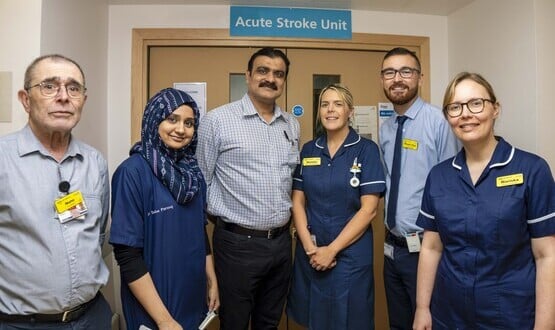NHS Choices may increase inequality
- 22 June 2009
Relying on online sources such as NHS Choices to deliver information to patients could lead the NHS to sustain or even increase health inequalities, a new report warns.
The authors says the government’s policy is to give patients better access to information but that the internet may not be the most effective way of doing so.
The report from Birmingham University’s Health Services Management Centre, Supporting patients to make informed choices in primary care: what works? , says that older people, ethnic minority communities and those on lower incomes are most likely to have literacy problems and least likely to use the internet.
Jo Ellins, the report’s author, added: “Evidence shows that alternative ways of delivering information are far more successful at reaching these groups. More effective alternatives include telephone helplines, digital television and community education programmes.”
The report says around one in five British people do not have basic literacy and struggle to read and one third of households do not have a home internet connection and are therefore unable to access or understand information which could help them choose and use health services effectively.
Ellins added: “The way in which this information is provided restricts opportunities for informed choice to more educated and affluent patients. There is a very real danger that this is sustaining or even increasing health inequalities.”
The report also concluded that many health professional are not signposting patients to reliable sources of information.
Shirley McIver, co-author of the report, added: “Some people will need support to help them find, understand and use information about local services. While GPs are ideally placed to provide this help, our research found that many are not doing so.”
Links
Supporting patients to make informed choices in primary care: what works?




